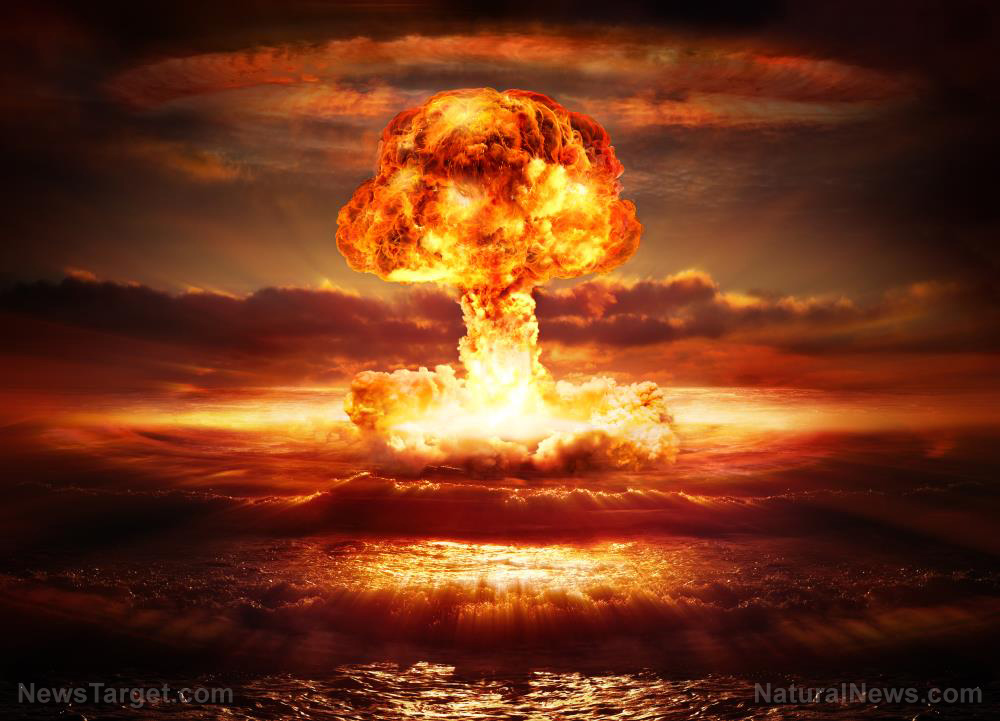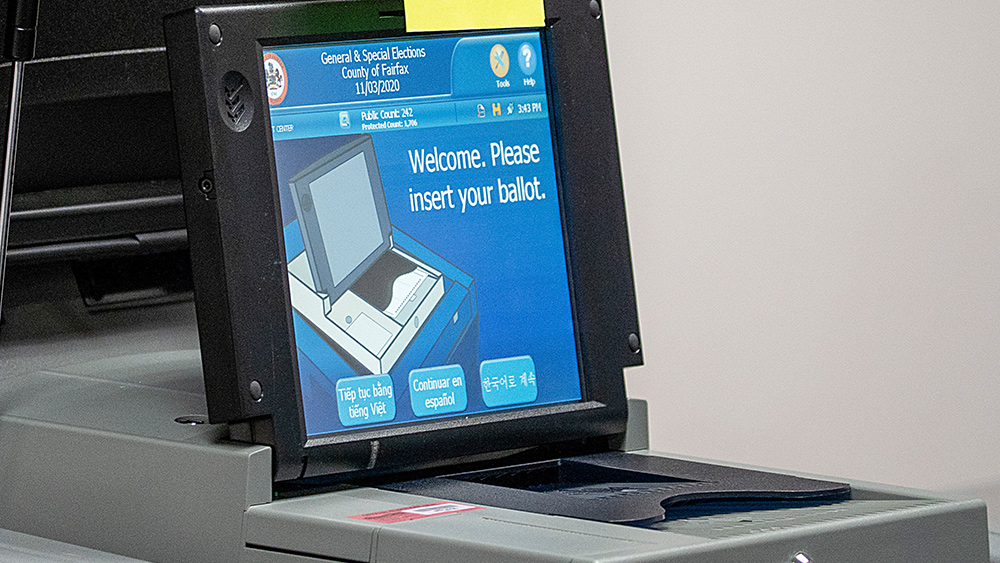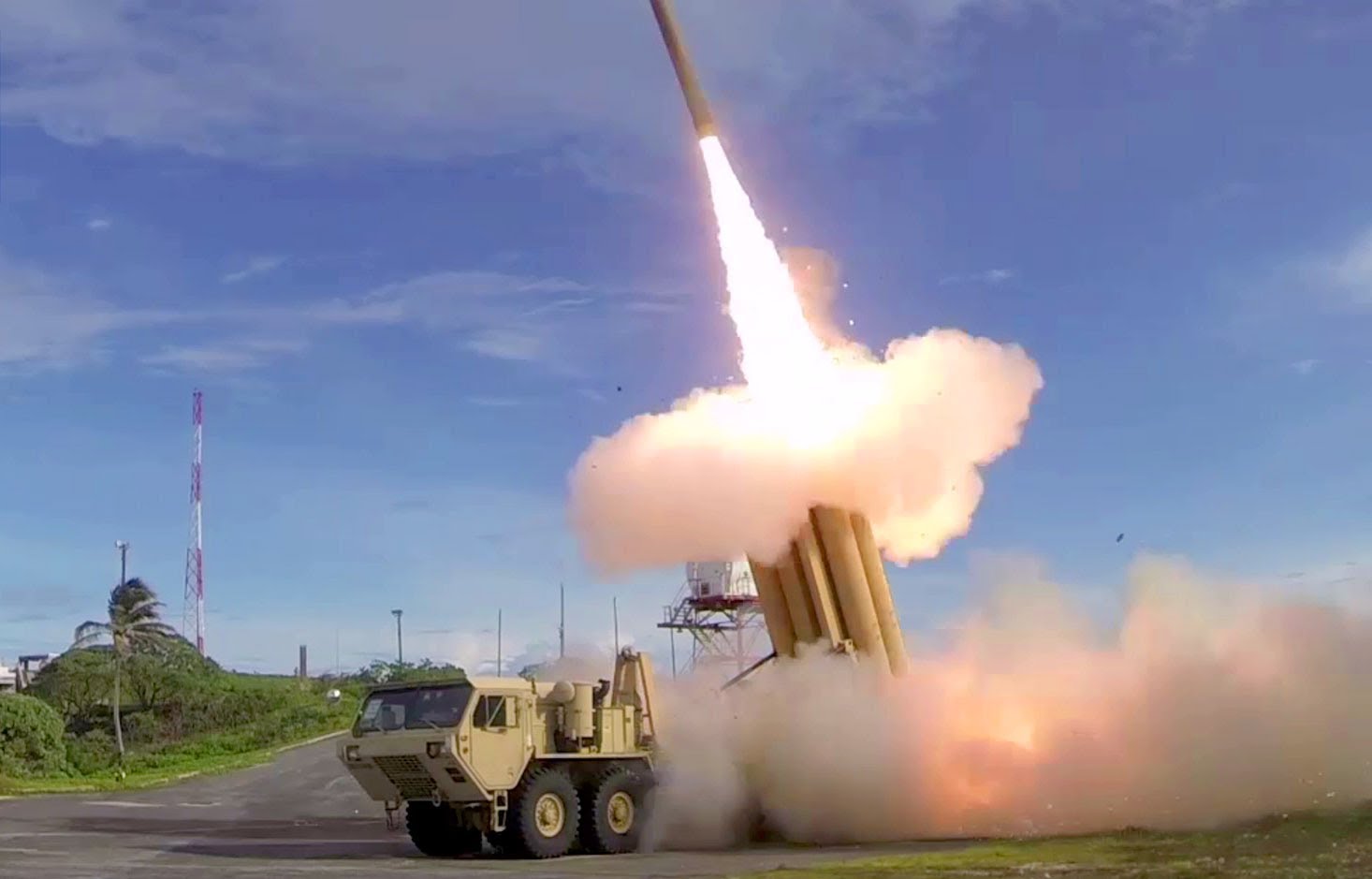Russia, China building powerful, exotic, new weapons capable of destroying American coastlines and entire cities by stealth
04/01/2019 / By JD Heyes

Technically speaking, the United States, by far, remains the world’s preeminent military power, having fielded cutting edge weapons systems for decades that none of our most likely adversaries can come close to matching.
Some of these systems include the B-2 bomber (soon to be replaced by the B-21); the F-22 and F-35 fighters; supersized aircraft carriers; stealthy submarines; and of course, advanced cyber- and electronic warfare capabilities.
Knowing this, our closest competitors — Russia and China — have been forced to think unconventionally when it comes to developing their own weapons systems aimed at countering our technological (and economic) advantages.
Russia
With an annual GDP of just $1.57 trillion — which is smaller than the annual GDP of Texas ($1.63 trillion, as of 2015), Russia does not have the economic power to compete with the U.S. tank for tank, plane for plane, ship for ship, missile for missile. As such, the Kremlin’s weapons designers have had to resort to asymmetrical designs that may be more exotic, but equally effective.
For instance, as NewsTarget reported in January, U.S. defense officials say Russia is developing an undersea “doomsday” device: A remotely-controlled mini-drone submarine that carries a very large nuclear weapon that can be maneuvered off the coast of major U.S. ports and cities. When detonated, the explosions create “highly irradiated” waves that would devastate anything in their path, and then leave behind a post-apocalyptic nuclear wasteland.
Christian Whiton, a former State Department senior adviser in the Trump administration, said such a weapon should be enough to give defense officials “concerns.” His warning comes as Russia’s navy began sea trials of an “unstoppable doomsday device” in December, Russia media reported, as noted by The National Sentinel.
Tass reported, quoting unnamed sources, “In the sea area protected from a potential enemy’s reconnaissance means, the underwater trials of the nuclear propulsion unit of the Poseidon drone are underway.”
In addition, Russia is said to be close to deploying what would be the world’s first hypersonic missile that can travel at speeds so fast (Mach 5-7) they cannot be targeted by current missile defense systems.
China
China’s economy is the world’s second largest, at $12.2 trillion (behind the United States’ $19.39 trillion). But Chinese military technology is, in some cases, more than a decade behind the U.S. So while Beijing catches up, it seeks to outmaneuver America in other areas.
A report last week, for instance, noted that China is developing a cruise missile for deployment aboard ships belonging to its massive cargo fleet. Defense officials who spoke to the Washington Free Beacon’s national security reporter, Bill Gertz, said that the missile can be hidden inside shipping containers and summarily launched from civilian freighters.
The long-range missile is a land-attack version of a Chinese anti-ship missile which was ‘copied’ from Russia. What makes this development worrisome is that China possesses a very large number of container ships. What’s more, as part of Beijing’s “Belt and Road Initiative,” China is gaining access to more and more ports around the world.
Theoretically, Chinese container ships docked in these ports could possess land-attack cruise missiles hidden inside containers that could be set up and launched with little or no advance warning.
“China operates, or is building, deep water ports in several strategic locations, including Bahamas, Panama, and Jamaica that could be used covertly to deploy ships carrying the” newly designed missile, Gertz reported.
Analysts also were concerned China could pass these container-disguised missiles on to other potential enemies including Iran and North Korea.
Finally, analysts say that China could fit some of these missiles with electromagnetic pulse (EMP) warheads that would fry American power grids and all electronics — for years to come.
Sources include:
Submit a correction >>
Tagged Under:
America, asymmetrical weapons, China, coastal cities, container ships, cruise missiles, doomsday weapon, EMP warhead, exotic weapons, hypersonic missile, military tech, national security, nuclear drone, nuclear drones, nuclear weapons, Russia, underwater drones, warfare
This article may contain statements that reflect the opinion of the author
RECENT NEWS & ARTICLES
COPYRIGHT © 2017 NATIONAL SECURITY NEWS






















